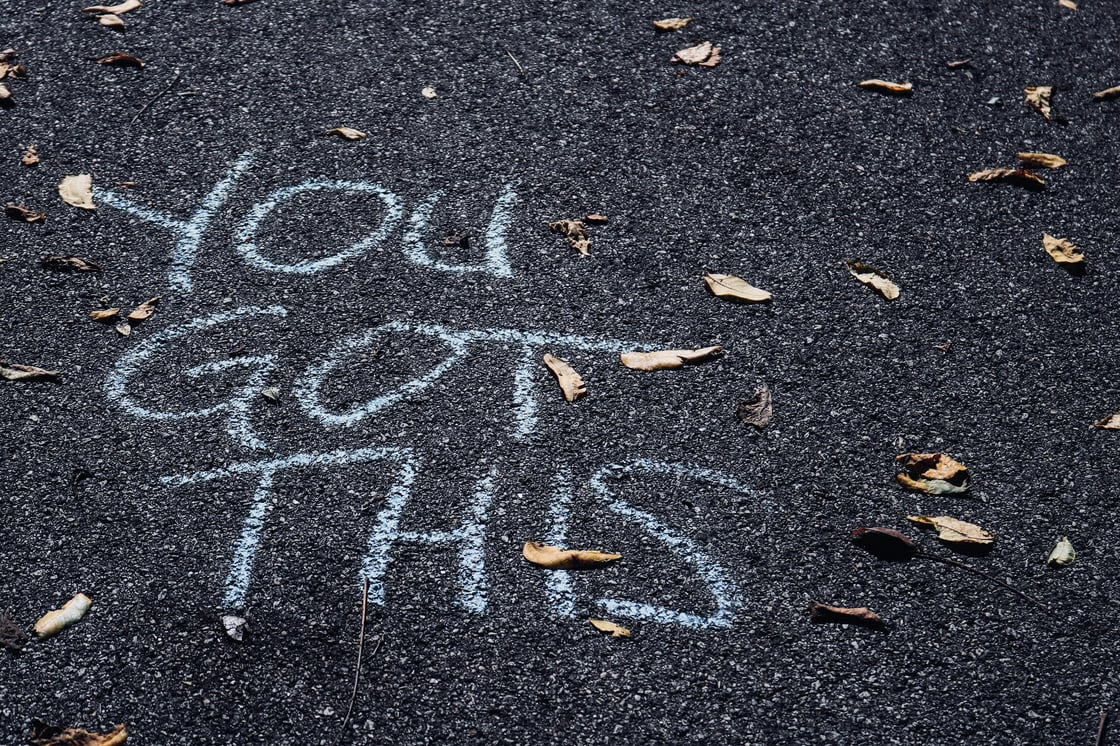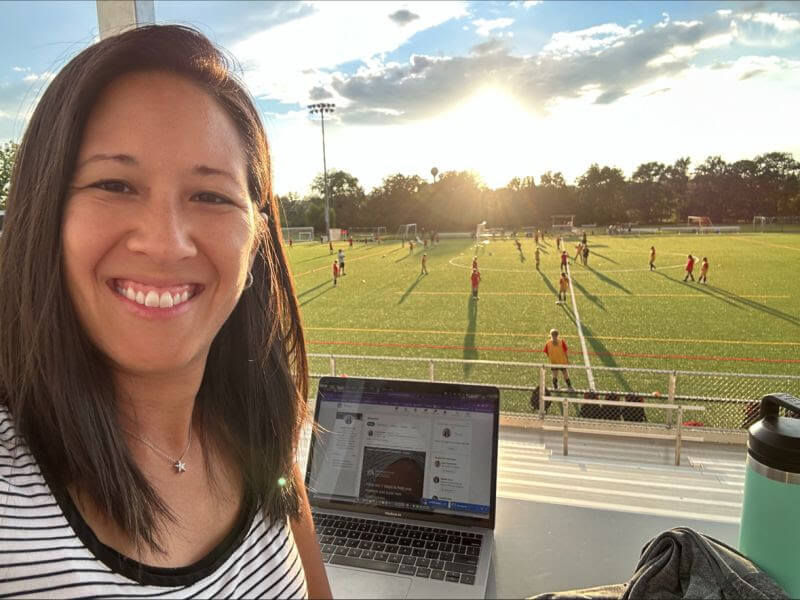It was voting day in the US yesterday.
Earlier in the week, my husband and I were at the kitchen table researching candidates and working on our mail-in ballots. It reminded me of when we would study together in college 🙂
But unlike college – we didn’t need to agree and have the same answers. I appreciate that we can debate with each other and be open to having our own opinions.
I noticed there were only 3 women on the ballot vs. 18 men.
I really wanted to vote for the women to support representation… but as I was reading news articles and their quotes, I heard myself saying, “Ugh, I really don’t like the women candidates this year.”
Saying this out loud… I stopped. Wait, did I really just say that? It sounded terrible. Were my own biases showing themselves?
As I reflected, I saw two of the women as overconfident, too bold and demanding.
But then, I looked at the men… and many were demonstrating similar attitudes and approaches.
Ok… self-check.
As diverse professionals, we can forget that our own brain can do the same thing that we experience from others… misjudge people.
Unconscious bias is so tricky. It’s thinking that feels like it comes from conscious, logical thinking… but the source is actually a shortcut your brain has given you, without consulting you.
Bias doesn’t make you a bad person. It’s built into every single one of us.
But ignoring that it happens can lead to making bad decisions.
How can we overcome this automatic thing in our brain?
How can we fix bias so we can make better decisions?
"If you wanna make the world a better place, take a look at yourself and then make a change."
Here’s 10 ways to help battle bias within ourselves:
1. Be aware
The first tip to overcome these biases is to acknowledge that they exist… in others, but also in you.
2. Consider current factors that may be influencing your decision
Make sure not to fall victim to adopting attitudes simply because others are.
3. Reflect on the past
Look for patterns in prior situations and where you might have made mistakes.
4. Be curious
Curiosity can help us pause long enough to ask questions. It stops us from assuming we’re right.
5. Strive for a growth mindset
People with growth mindsets believe that cognitive ability can be developed and tend to learn from criticism.
6. Identify what makes you uncomfortable
Are there people or situations that rub you the wrong way? Ask yourself what makes you respond this way and whether you could have a bias that’s impacting your perspective.
7. Embrace the opposite
Trying to understand an issue from both sides can make you a stronger critical thinker and help you see the world with more empathy.
8. Seek multiple perspectives
Asking others for their input can help us find potential blind spots and stop us from being overconfident.
9. Look for disconfirming evidence
Go out of your way to seek out information that runs counter to your existing belief.
10. Practice intellectual humility
Intellectual humility is about remaining open to the idea that you might be wrong. Rather than blindly standing by our convictions, ask, “what am I missing here?”
———-
It’s easy to point at others and tell them what they’re missing.
It takes humility, strength & courage to point at yourself.
That’s leadership.
“If you wanna make the world a better place, take a look at yourself and then make a change.”
– Michael Jackson, Man in the Mirror
American singer, songwriter, dancer, and philanthropist




